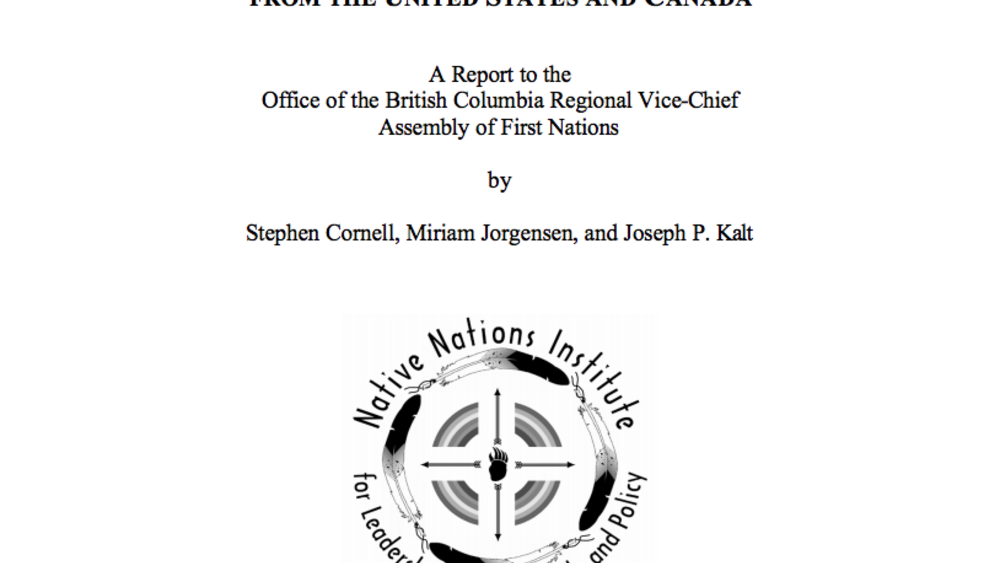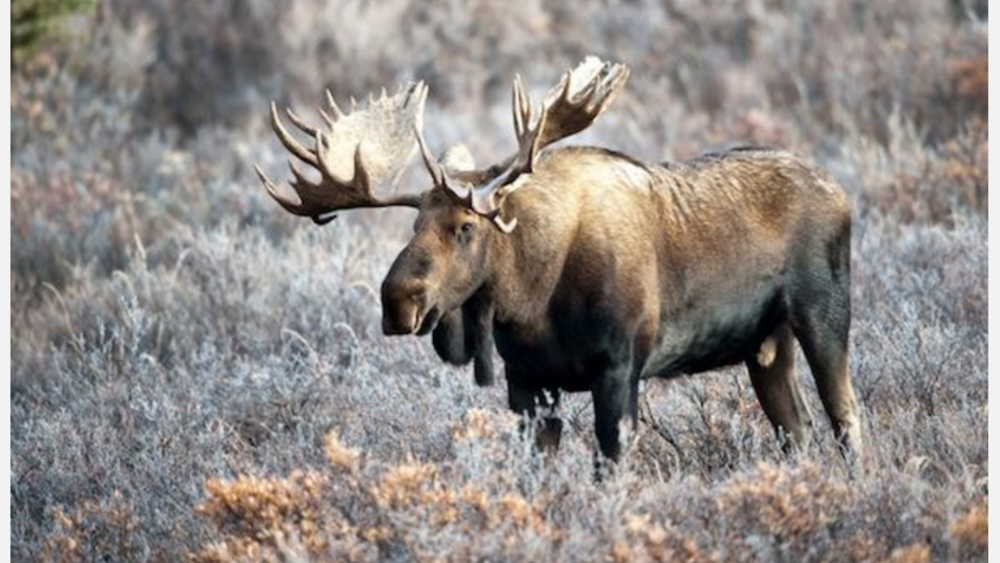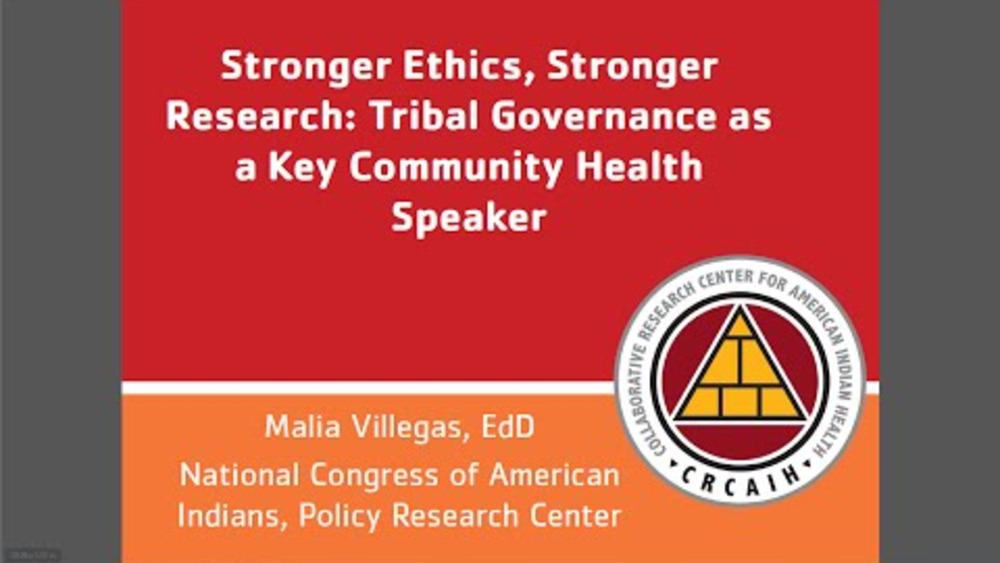Here in the U.S., we are in the midst of a great national reckoning. We have an extraordinary opportunity to acknowledge our roles in structural racism, reexamine biases, and engage in co-creating initiatives that honor the lives and livelihoods of Black, Indigenous, and People of Color. Every aspect of our lives remains deeply rooted in colonialism, which by definition marginalizes and eliminates Indigeneity. By applying a lens of racial justice and the sharp focus of history, we can examine how Western/Eurocentric cultures have interacted with Indigenous communities and, looking forward, imagine how they can coexist and thrive.
This document outlines recommendations for working with Indigenous communities under the knowledge that relationship building with the communities is first and foremost the foundation upon which all collaborations should be centered. This includes defining a series of wise practices for collaborating with Indigenous communities, in planetary science/astrobiology and across all fields of Science, Technology, Engineering, and Math (STEM). These wise practices apply whether the outputs are educational programs, research collaborations, or other endeavors. The onus is on the Western scientific community, through a foundation of relationship and trust, to understand that Indigenous and Western knowledge systems can reflect, resonate with, and reinforce one another, and can affirm and build upon each other when treated as equally valid, valuable, and vital.
Additional Information
Gardner-Vandy, K., Scalice, D., Chavez, J. C., David-Chavez, D. M., Daniel, K. J., Gonzales, E., Lee, A., Waterhouse, J., Yracheta, J. M., Gorospe, G., Goordial, J., Hudson, M., Carroll, S. R., Williams, J., McCoy, T. J., Cadue-Blackwood, C., Atencio, J., Seyler, L., Carron, A., … Kirk, M. (2021). Relationships first and always: A guide to collaborations with indigenous communities. Bulletin of the AAS, 53(4). https://doi.org/10.3847/25c2cfeb.0de1af1a




